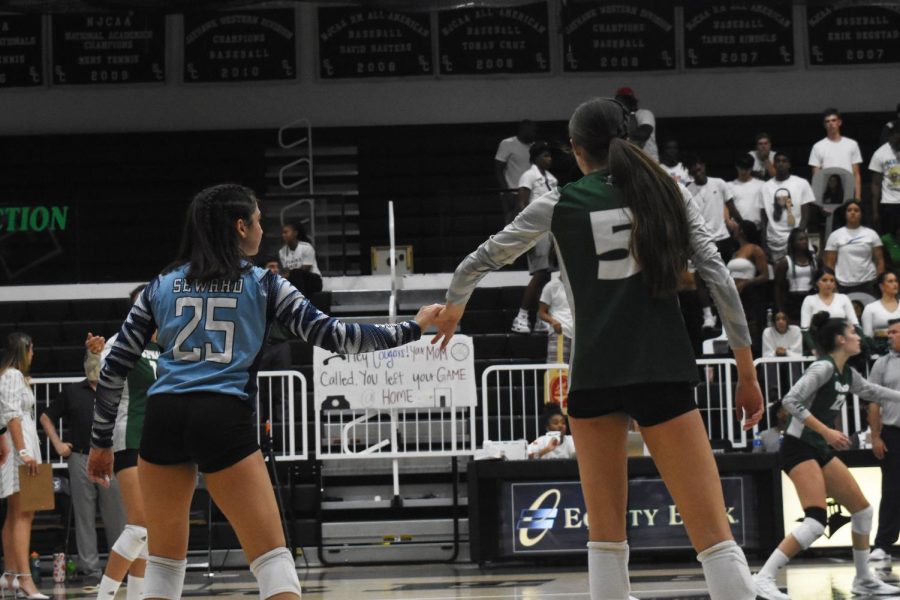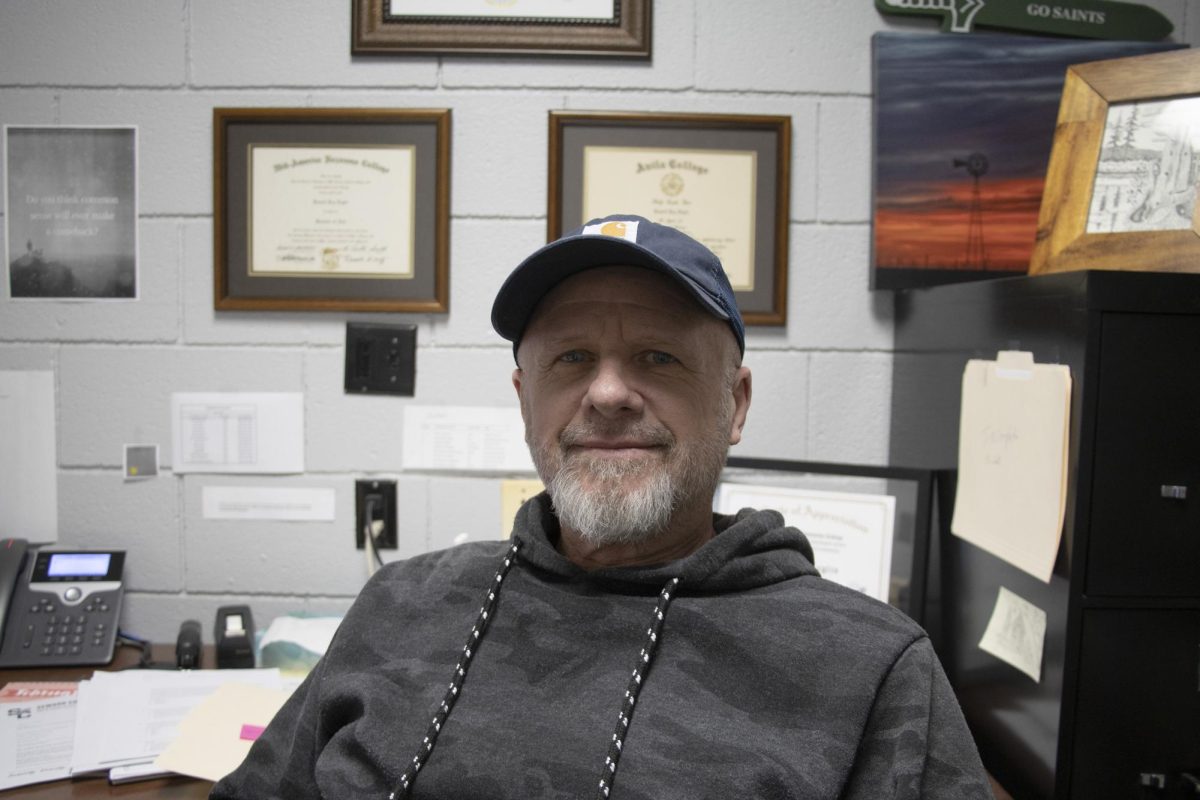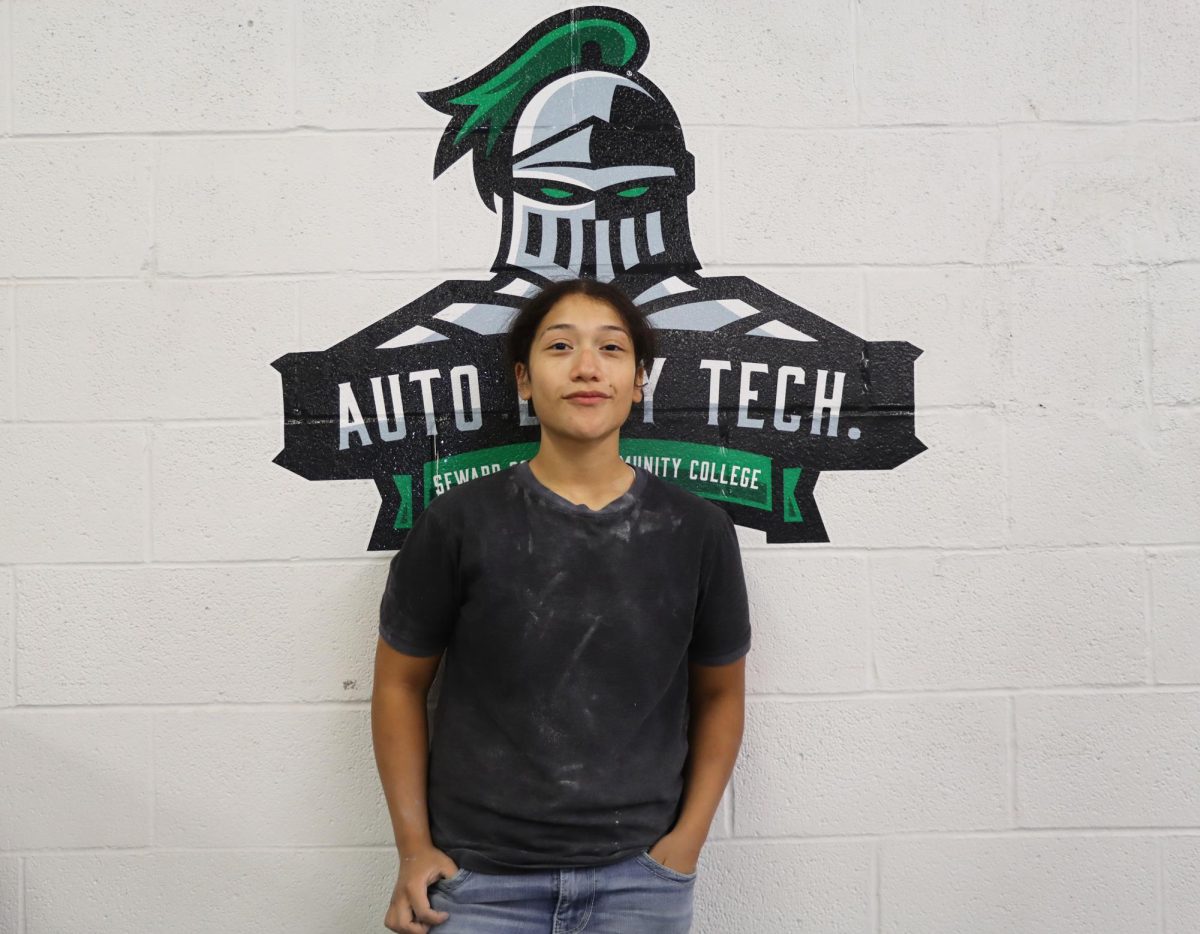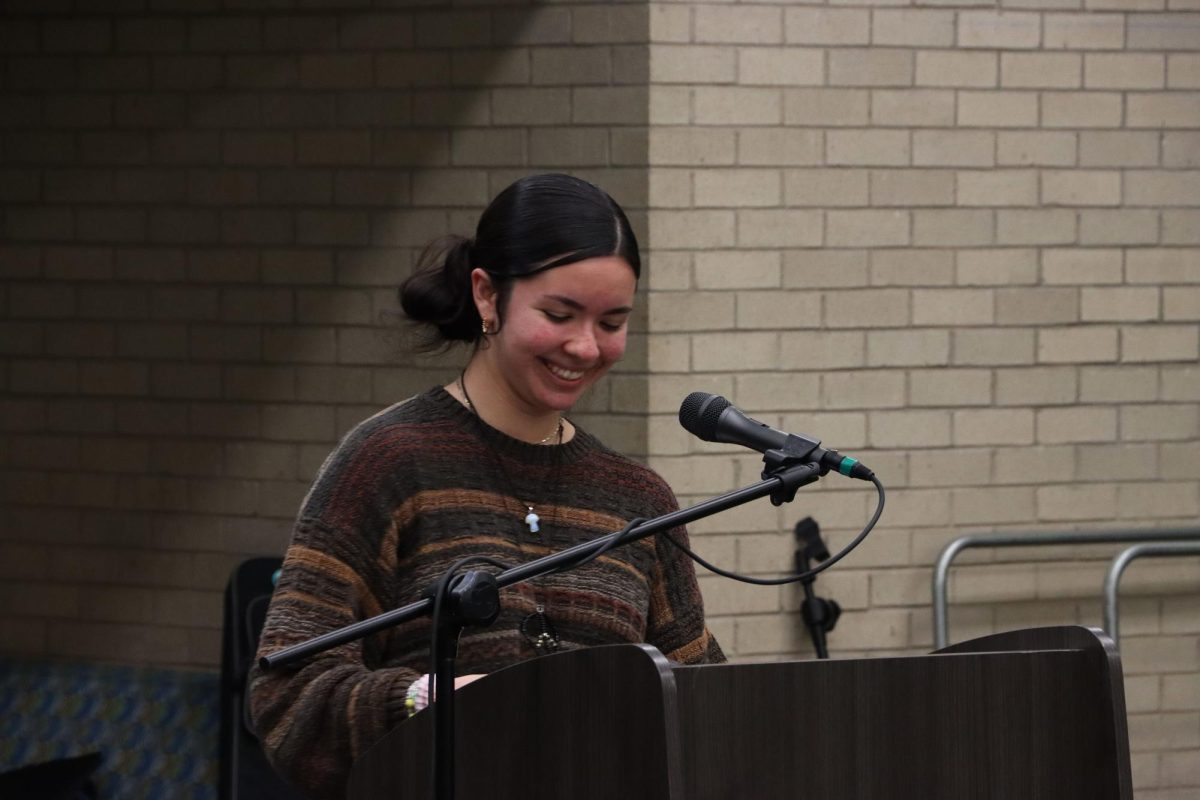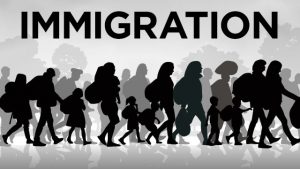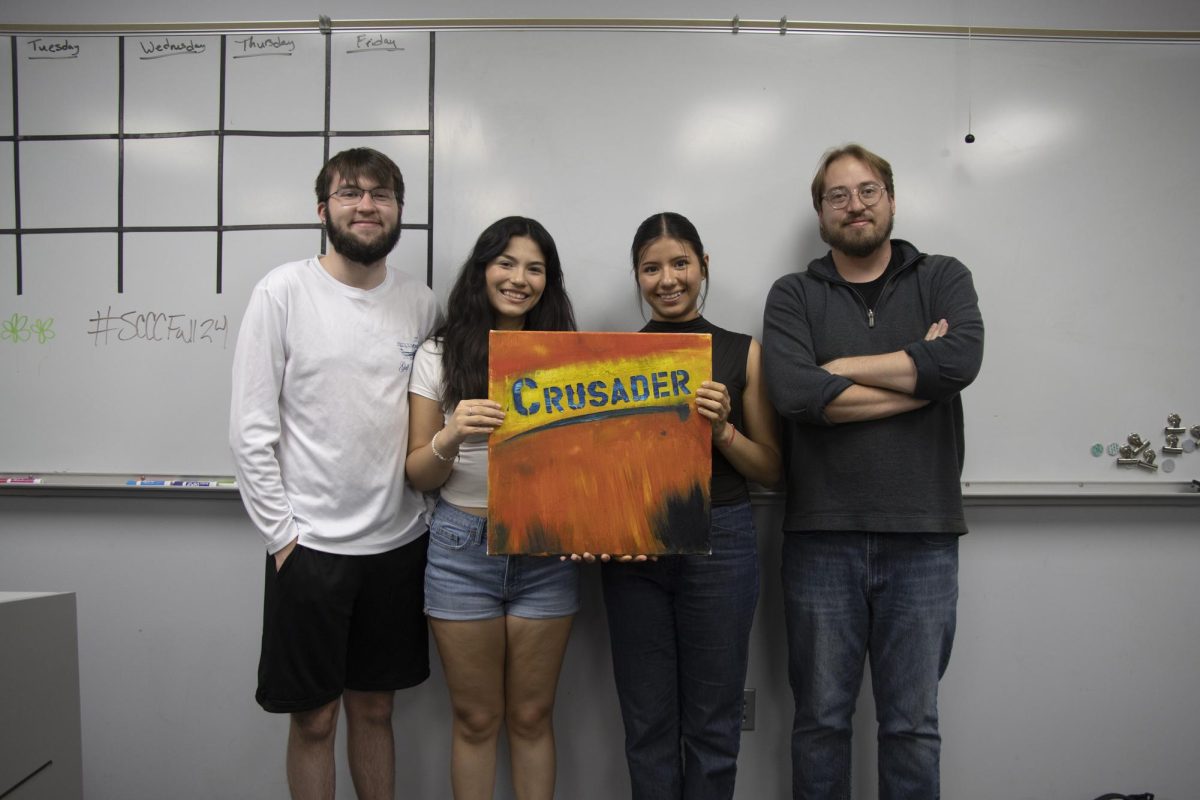Letter to the Editor:
Teacher struggles with immigration question
March 29, 2017
Dear Editor,
Satirist and social critic H. L. Mencken once said, “For every complex problem there is an answer that is clear, simple, and wrong.” These words fittingly describe the Trump administration’s use of deportation as means of immigration reform. Wholesale deportation fails to recognize the simple fact that it hurts both non-citizen and citizen children alike. This is particularly true for the 4.5 million birthright citizen children who, according to the Pew Research Center, live with at least one undocumented parent.
The question of what happens to such children in the event of their parents’ deportation has increasingly become a question that public school teachers like me have had to answer. “What happens to my sisters and me when we go home my parents aren’t there?” is a question that many of us have been asked in our Southwest Kansas classrooms. Our uncomfortable reassurances that “everything will be fine” seem weak when already know that everything will not, in fact, be “fine.” The reality is that everything is not fine; the ripple effect of the immigration crackdown has dire consequences on the life of children living with undocumented family members.
In fact, according to a study done by the American Academy of Pediatrics and reported on by The Atlantic, the anxiety caused among children by such policies can result in toxic stress in which “exposure to prolonged, unmitigated anxiety interferes with the development of children’s developing bodies and brains.”
All children experience brief moments of uncertainty, but “exposure to unrelenting turmoil weakens neural connections just as they are beginning to form.” To put it simple, this means that our current immigration policy is inflicting psychological harm on American children who played no role in their parents’ decision to unlawfully immigrate to the US.
This is not acceptable. Our immigration policies must reflect the complexities of the America we created. There are no simple answers, but there are solutions at our disposal, beginning with the passage of the DREAM Act, legislation to make DACA and DAPA permanent, and a return to the policies of past presidencies where deportations focused on new arrivals and those convicted of violent crimes.
To do these things is not to reward wrongdoing but to protect children; for as Marian Wright Edelman said, “If we don’t stand up for children, then we don’t stand for much.”
Ryan Burrows
SCCC Adjunct Instructor
Satanta


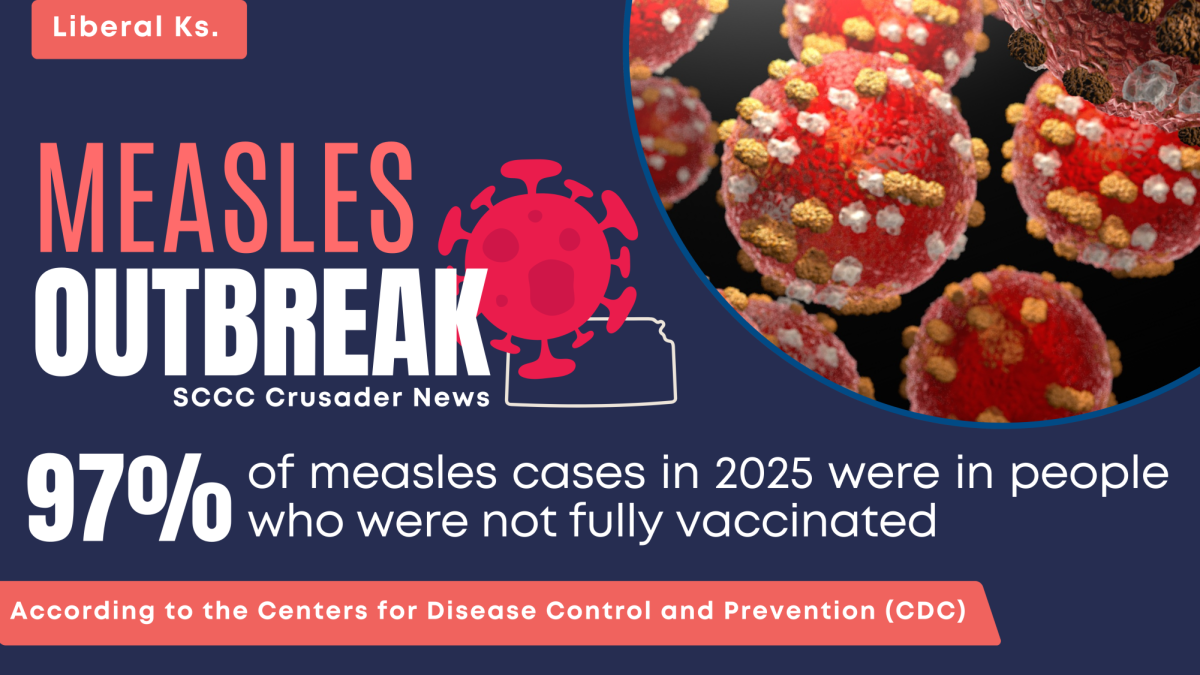
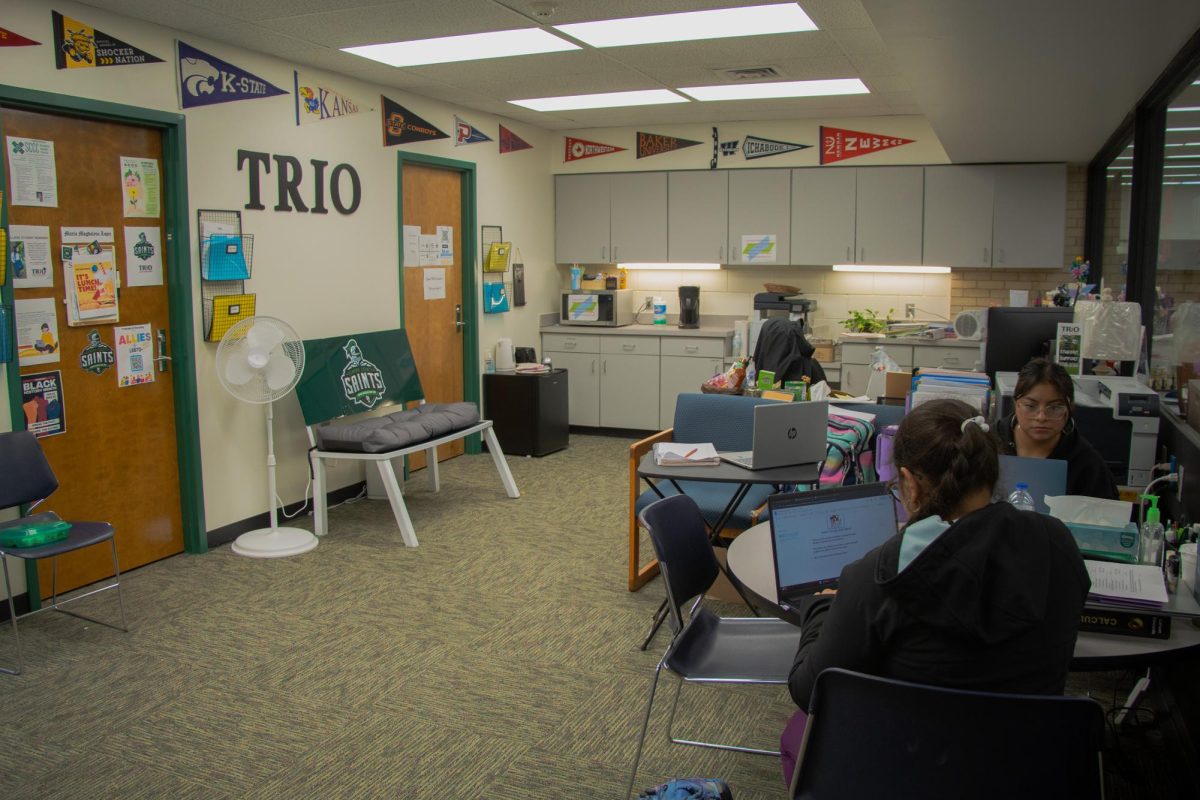










![The sophomores were recognized on the field instead of walking across the stage during their doubleheader. They received their diplomas and a picture of themselves playing during their career at Seward. [Pictured left to right are Dylan Day, Reed Thomas, Jase Schneider, Mason Martinez, Gannon Hardin, Brody Boisvert, and Zach Walker]](https://crusadernews.com/wp-content/uploads/2022/05/WEBDSC_0275-900x454.jpg)




















